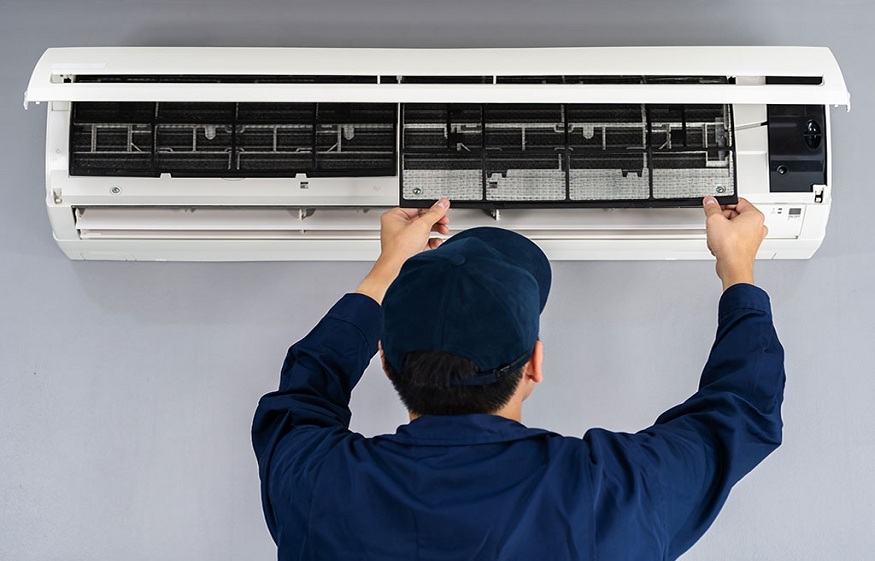Protecting your home against weather damage isn’t as easy as it may seem from the outset. Weather is one of the most damaging things that you can experience as a homeowner, and there are many ways it can attack your home. If you’re looking to keep your home safe against weather damage, here’s how to manage weather damage in your home.
< Mother Nature vs. Your Home Created By: Foundation Recovery Systemsol>
Mother Nature vs. Your Home Created By: Foundation Recovery Systemsol>
1. Sump Pump
A sump pump helps you pump water out of your crawl space or basement if it gets inside. Although you can waterproof your crawl space or basement, you can’t always ensure that water doesn’t get in the crawl space or basement at all. That’s why you install a sump pump.
2. Windproofing
High winds are one of the leading causes of problems in homes. Window upgrades, including the addition of new windows and better sealing for existing windows, can be a great way to avoid those wind-related problems. Especially if you’re in an area prone to high winds, it’s important to invest in windproofing for your home.
3. Hurricane Shutters
Areas that tend to have hurricane problems may want to invest in hurricane shutters. When the weather gets bad, you can pull your hurricane shutters over the windows, reducing the chance of something flying into the windows and breaking them. It’s a great way to avoid issues with the actual glass of the windows.
4. Fire-Resistant Planting
When you’re managing your home’s fire resistance, one thing you might want to look into is making your home more fire-resistant with the actual design of the exterior. That includes adding a “fuel break” with non-flammable items between the home and any forest areas you might have nearby as well as planting fire-resistant plants all around the home.
5. Flood Prevention Processes
Flooding is another big problem that many homeowners experience. Waterproofing can help with flood prevention by ensuring that water doesn’t come into your basement or crawl space from the outside. Additionally, home retrofitting can bring an older home into the 21st century when it comes to flood prevention.
6. Home Maintenance
The maintenance processes you put your home through are a crucial element of ensuring your home doesn’t end up with serious weather problems. Keeping your home in tip-top shape will give you the best possible chance when a serious weather event happens. This includes clearing gutters, sealing leaks, and more.
7. Winter proofing
Especially if you live in an area where the winters tend to be especially bad, it’s a good idea to consider winterproofing your home. Winterproofing is a process that includes proper insulation in your crawl space, attics, and basements, as well as a variety of other steps to avoid ice buildup and the intrusion of super-cold air from outside.
8. HVAC System Services
The HVAC system is a crucial part of making sure your home stays safe all the time. Whether you’re going into the winter or the summer, your HVAC system will probably be working overtime to make sure your home stays at the right temperature. You can make sure it works properly by servicing the system.
9. Smoke Detectors
It’s pretty easy to stay up to date on your smoke detector testing and maintenance. You can typically test smoke detectors on your own and purchase new detectors to replace ones that don’t work properly anymore. Keeping them up to date will help you avoid damage from fire.
10. Foundation Inspection
An inspection of your foundation every year can help you make sure that your home is still safe. Foundation problems are some of the most devastating problems that can occur in your home, and they’re more likely to cause problems if you go through a serious weather experience. When you have a healthy foundation to start with, your home’s more likely to stay that way.
Conclusion
All of these methods of protecting your home are equally important. You can’t just do one or two of them and neglect the others. If you’re thinking about protecting your home from weather events, make sure you talk to a home repair expert to learn more about your weatherproofing options.



